Below you'll find a useful picture guide to differentiate American and British English. Thanks Rubén for sharing!
0 Comments
The context of our last lesson is words English has 'borrowed' from other languages. We read an extract from a book called The meaning of Tingo, where the author takes a humorous look at words from other languages which have no exact equivalent in English. If you are dying to learn more words, check out the loanwords or borrowings, which are derived from other languages. The topic was the pefect excuse to use the grammar point: relative clauses. We revised and extended the knowledge of both defining and non-defining clauses. To learn more about it and practise, below you'll find a handful of links: - Explanation and further practice 1 - Explanation and online exercise 2 - Paraphrasing - Test - Multiple choice exercise - Test - Cloze exercise There's also a paraphrasing exercise on relative clauses in Docs Section which you can download. In addition, enjoy the videos below:
Today we corrected your homework and we revise also the "I wish..." structures. Here you are some exercises to revise the grammar point: exercise 1, exercise 2 and exercise 3 - two of them are taken from the Student's book web page. However, this wasn't the only grammar point studied in class. We also had a look at the compound relative pronouns: whenever, whoever, whatever, etc. Visit the Student's book web page to revise this. In addition, you can also check out the following link for further practice: wh-ever clauses. Afterwards, we focused our attention on business and advertising vocabulary. Click on the following links to practise it: - Student's Book exercise - Advertising vocabulary - Business vocabulary (list) - Business vocabulary (games) As for pronunciation, there are some words in English which are homographs but they're pronounced differently to distinguish the noun from the verbs, that is, the stressed syllable is changed. Here are some more examples of nouns and verbs that have the same form, but different pronunciation. You can listen to the audio to hear the differences in syllable stress. Finally, as we also talked about ways to improve productivity at work when we read a text on bringing a dozen of bagels to the office to reward employees. Let's watch some TEDtalks about improving productivity - subtitles are available. Click on them to get the link. The art of stress-free productivity - no subtitles provided.
The topic on the last session was a very relevant one. The Amish community are a group of traditionalist Christian church fellowships. They are known for simple living, plain dress and reluctance to adopt many conveniences of modern technology. The topic brings out the importance of family affection among them and the effect of city life and modernity on this community. Therefore, let's focus on city life. Below you'll find a vocabulary exercise on this: As for the grammar point, we had a look at uncountable and plural nouns. I've come across some more specific explanations on the topic with an exercise (click "next" at the bottom of the page to find the exercise). Moreover, here you are the link to an exercise on the Student's book webpage. However, you might find it interesting to have a look at the exercises from the book webpage on articles. Next, as we were talking about Edinburgh in class and spending a year off abroad... here you are a short documentary on the student life in the city of Edinburgh: In addition, let's pick up the thread of speeches. As it may be useful for next month, have a look at this doc below:  Apart from reviewing future perfect and future continuous, we kept on talking about environmental issues yesterday in class, about ecological footprint to tell the truth. The Ecological Footprint has emerged as the world's premier measure of human demand on nature. It represents the amount of biologically productive land and sea area necessary to supply the resources a human population consumes, and to assimilate associated waste. Then, it is possible to estimate how much of the Earth it would take to support humanity if everybody followed a given lifestyle. Ever wondered how much “nature” your lifestyle requires? You’re about to find out. Click here to calculate your ecological footprint. As for the listening skill, let's watch an Oscar nominated short film entitled "Let's Pollute" and fill in the gaps. Be careful, image-voice synchronization may not be good enough. Therefore, concentrate on the voice-over comments.
1. Pollution is our __________________. 2. Nowadays polluting is better and _______________ than ever. 3. Even before the Industrial Revolution we were polluters ______________. 4. After hundreds of years man needed __________________ . 5. Machines were __________________ of waste. 6. Some of our past habits were __________________. 7. Our ancestors would envy our ___________________. 8. Remember to always buy __________________. 9. Corporations produce tons of ________________ for you to buy. 10. Ask your congressman to eliminate all _______________ restrictions. 11. Prepackaged and processed food has __________________. 12. The best food for you is the one that has been _________________ with herbicides. Answer key: 1. heritage, 2.more convenient, 3. at heart, 4. an allay, 5. a wonder, 6. counterproductive, 7. toxines and contaminants, 8. latest trendy gadgets, 9. cheap crap, 10. environmental, 11. minimal nutritional value, 12. sprayed We talked about the weather yesterday in class. As a result, I thought you may want to listen to the weather forecast for today on Sky News. Have also a look at these exercises on vocabulary: a multiple choice exercise, a gap-fill exercise, and a reading exercise. To introduce the global warming, here you are a Youtube video in which the topic is explained by Al Gore: What do you think if you could spend half the electricity a toaster uses to keep your house heated? That's active saving. Listen to an engineer talking about a passive house. Watch also the second part. Apart from insulation what’s the theory behind it? It can also be applied to our Mediterranean climate. Finally a passive house in just EIGHT HOURS!!!  Here you are some intriguing resources about environment. For the youtube videos below you can click on the subtitles tab to make it easier. However, the subtitles are not always correct as they're automatically translated.
"A Swedish family have won a competition that entitles them to a six-month stay in an eco-house with an electric car awaiting them on the drive. The family have been set the target of dramatically reducing their own carbon footprint as part of the experiment, and that may mean dispensing with some home comforts." BBC News.
Finally, check on this reading with exercises on the UN_Climate_Change_Conference in Copenhagen. Let's begin this entry today with a revision on past modal verbs of deduction. Although you already know, here you are explanation and practice about them. Moreover, you can also visit the Studen't Book web page. As for the new grammar point (would rather and had better) here you are an interesting explanation (in Spanish) with peculiar phonetics (I’m sure most of you will enjoy the transcription rather than the standard ones). The BBC also provides with an interesting explanation including rather than. The theory is useless without some practice: ejerciciodeingles, tolearnenglish (scroll down a bit to see the practice), autoenglish (in pdf), baladre1 and baladre2, and from the Student's Book web page. In addition, we also had a look at some easily confused verbs. That's the reason why I've decided to seize the moment and show you some other commonly confused words - some of them may be new for you. However, some others are some of the most common mistakes I usually find in your compositions. Do you remember the difference between a discussion and an argument? Let's have a look at an example about how a discussion turns into an argument... Today's lesson is been focused on the revision of crime and the explanation on letters of complaint. We didn't have time enough to have a look at what we learnt about the passive voice. As a result, here you are some more links to revise and check your knowledge: Better English Grammar and New English File Student's Book. In addition, let's practise the listening skills by means of two recordings dealing with crime: - A policeman asking questions. - Crime in America However, listening to violent crime safety can be much more interesting to you. The, enjoy the video below. Finally, I'd like to add the material used in class today so that you can download it at home. However, the "letter of complaint" worksheet is in Docs section. As reporting verbs are still causing trouble, here you are some websites to keep on practising: english exercises and esl lounge. Besides, you can also use parts of films to practise: Love Actually, While you were sleeping, or School of Rock, with exercises (WORKSHEET) just below the screen of the scene.  We have also talked about the pros and cons of being a celebrity by means of a debate. I came across an article on The New York Times about Alec Baldwin to show the good and the bad side of being a celebrity. In addition, and paying attention to the listening exercise on a news broadcast programme that we heard yesterday, here you are some useful tips to listen to the news: - Make sure you have heard the news in your own language before you listen. Perhaps make some notes of the main stories, including any names of people or places. - Don’t worry about how much you understand. Listen to or watch the report first a few times ‘just for fun’. - Stop and review as many times as necessary. - Write a brief summary (one or two sentences) of each story. - Set yourself a few questions to answer. Then listen again for the answers. - Make notes of any new vocabulary you think is useful. - Why not listen to the news with a friend? You can help each other by talking about what you each understand. - When you feel confident, try listening to the news in English in different accents. Moreover, to review, check, learn idioms / comparisons / phrasal verbs / slang... visit SELF-STUDY IDIOM QUIZZES helpful website. Finally, as we were talking about war reporters, here you are a great song which is been recommended by our classmate Raquel. |





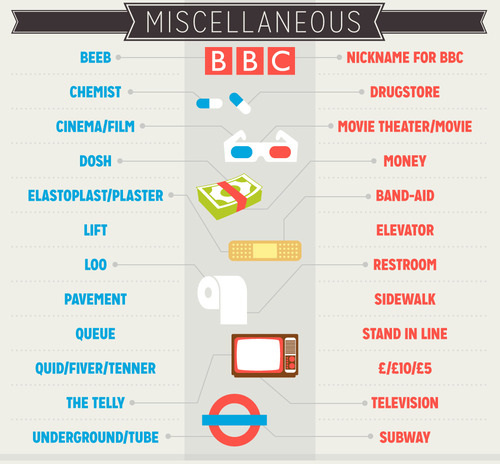
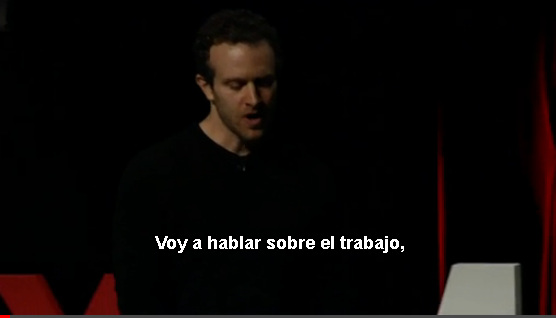
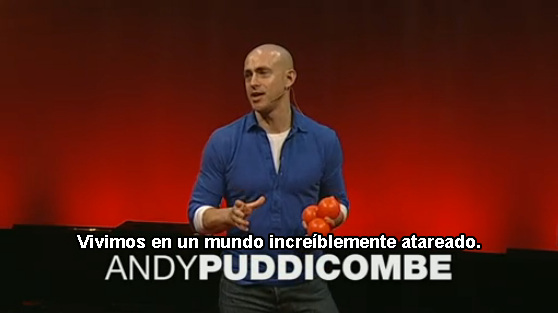

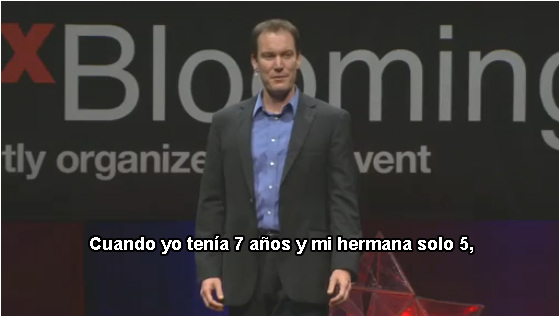


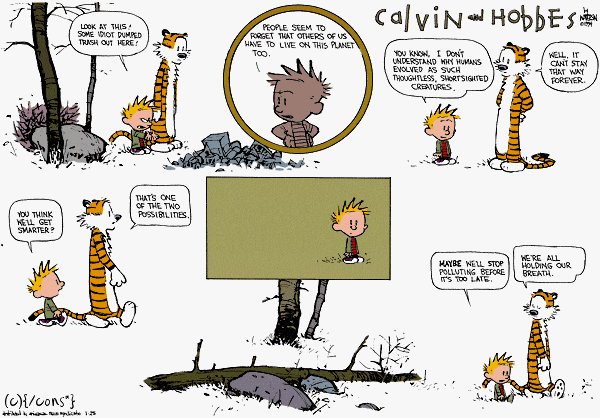
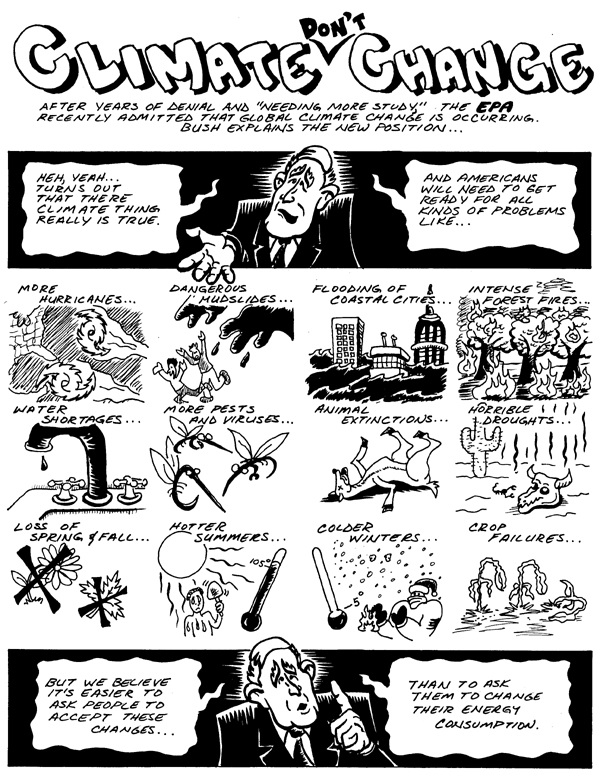
 RSS Feed
RSS Feed
